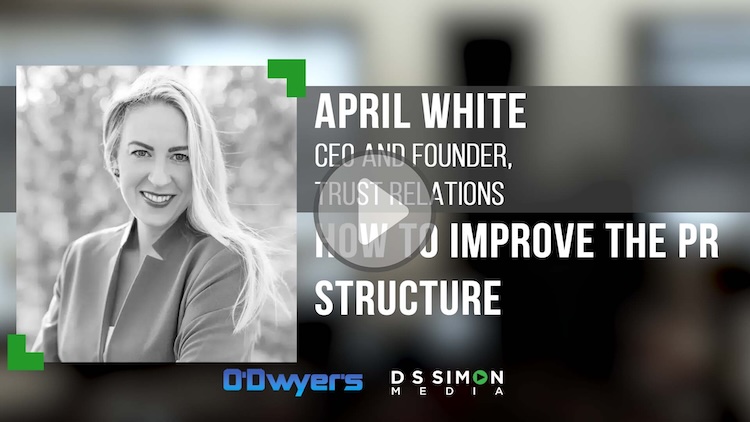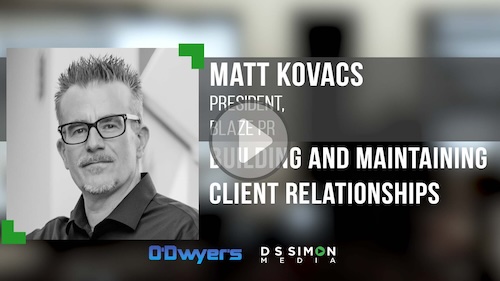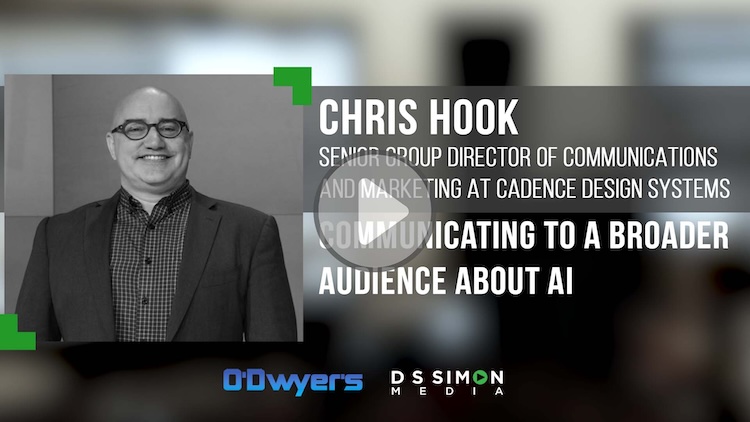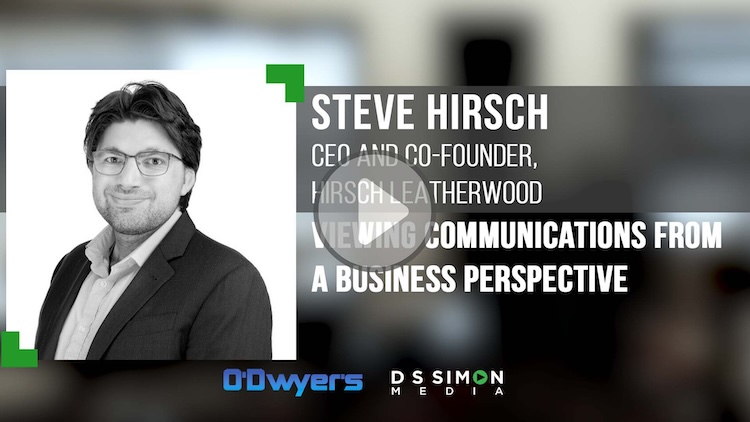Ever since Ivy Lee advised John D. Rockefeller, Jr. to make peace with Colorado Fuel & Iron Company employees 100 years ago, counseling management has ranked among the primary responsibilities of PR professionals.
While new age counselors extol the virtues of social media mastery as the route to PR stardom, the fact remains that the real winners among internal and external PR officers are those whose advice is sought and listened to by top management.
Stated another way, the people in PR who make the big money and possess the real power are those who counsel management.
So what does it take to ascend to a position where top management not only seeks out and listens to PR advice, but most important, acts on it?
The short answer is that high-level counsel depends on three fundamental elements: 1) experience 2) knowledge and 3) judgment.
To see how these elements apply to PR counseling, let's examine a recent dilemma that befell the world's largest retailer, Walmart.
In July, Walmart was sued by comedian Tracy Morgan over a deadly limo bus crash that killed one person and left the 45-year-old, former "30 Rock" and "Saturday Night Live" star critically injured.
The June crash occurred when Morgan's limousine was struck from behind on the New Jersey Turnpike by a speeding truck, driven by a Georgia Walmart employee who commuted 700 miles to pick up the truck in Delaware and hadn't slept in 24 hours.
After initially declaring that the company regretted the accident and would take full responsibility to make things right, Walmart suddenly changed its tune and accused Morgan and his fellow passengers at least partly to blame for their injuries because they weren't wearing seatbelts.
Predictably and immediately, Walmart was excoriated in the media and vilified on the Web, not only for its blatant chutzpah and callowness, but also for its tone-deaf PR. People asked, "How could such a smart company act so dumb?"
The answer lies in the three fundamental elements of PR counsel.
· Experience
Walmart rewards its PR people highly, not just by Bentonville, Arkansas standards but by national criteria as well. That's why the company has attracted some of the nation's highest PR professionals.
For seven years, Walmart's top PR official was Leslie Dach, a long-time, deep-pocketed Democrat operative, who led Edelman's Washington office for 17 years.
Dach, who reportedly made $3 million in Walmart stock options, won the trust of the company's notoriously publicity-shy top management and began to change Walmart's reputation through such actions as moving to lower generic drug prices.
In 2006, Walmart also recruited another experienced hand, David Tovar from Altria, to handle the company's media relations.
When Dach joined the Obama Administration in 2013, he was replaced by another high profile professional, Dan Bartlett, President George W. Bush's former communications director. And this year, Tovar was fired for lying on his resume.
So, in just two short years, the Walmart PR department went from one of great "experience" dealing with top management to one where experience was limited.
Counselors must build trust over time from senior management. And the new Walmart PR executive team simply hadn't had the time to do so.
· Knowledge
So, too, the Bartlett team's institutional knowledge of the company was also limited. Walmart, typical of other large companies like General Motors and Goldman Sachs, are very much attorney-driven institutions; lawyers' advice is considered first before PR counsel.
Long-term, in house counselors have the knowledge, that short-termers lack, to go toe-to-toe with aggressive lawyers.
In the Morgan car crash case, Walmart's lawyers apparently argued that because New Jersey, like some other states, holds non-seat belt-wearing passengers partially responsible for damages, it would answer Morgan's suit with the following:
"By failing to exercise ordinary care in making use of available seatbelts, upon information and belief, plaintiffs acted unreasonably and in disregard of plaintiffs' own best interests. Accordingly, all or a portion of the injuries could have been diminished or minimized by the exercise of reasonable conduct in using the available seatbelts."
So the knowledge of Walmart's attorneys -- that the plaintiffs might be vulnerable on the seat belt issue -- was irrefutable. But what clearly was refutable was the wisdom of the behemoth retailer adopting such a cowardly line of defense. And that's where the final element comes in, namely………..
· Judgment
In sheepishly acknowledging the seat belt defense, Walmart's spokesman responded to press inquiries by saying, "Walmart continues to stand willing to work with Mr. Morgan and the other plaintiffs to resolve this matter."
Literal translation: If Morgan agrees to what the company believes is a "reasonable" settlement number, then we'll settle out-of-court.
In other words, the seat belt argument was merely thrown out there to rattle the plaintiffs by proving that Walmart won't knuckle under without a fight and is prepared to use its deep pockets to hunker down in court for as long as it can prolong the case.
Walmart's blatant bullying tactics have already backfired. Morgan's attorney labeled them "disingenuous, surprising and appalling."
Wise PR counsel would have proffered the judgment to management to hold back, keep quiet and negotiate privately without issuing meaningless statements that would only enflame the critics.
Walmart management either didn't receive or didn't listen to such public relations counsel, and that's why its reputation is once again disparaged.
As Tracy Morgan himself said in a statement, "I can't believe Walmart is blaming me for an accident that they caused."
Neither can anybody else.
Fraser P. Seitel has been a communications consultant, author and teacher for 40 years. He may be reached directly at [email protected].










 Have a comment? Send it to
Have a comment? Send it to 
No comments have been submitted for this story yet.